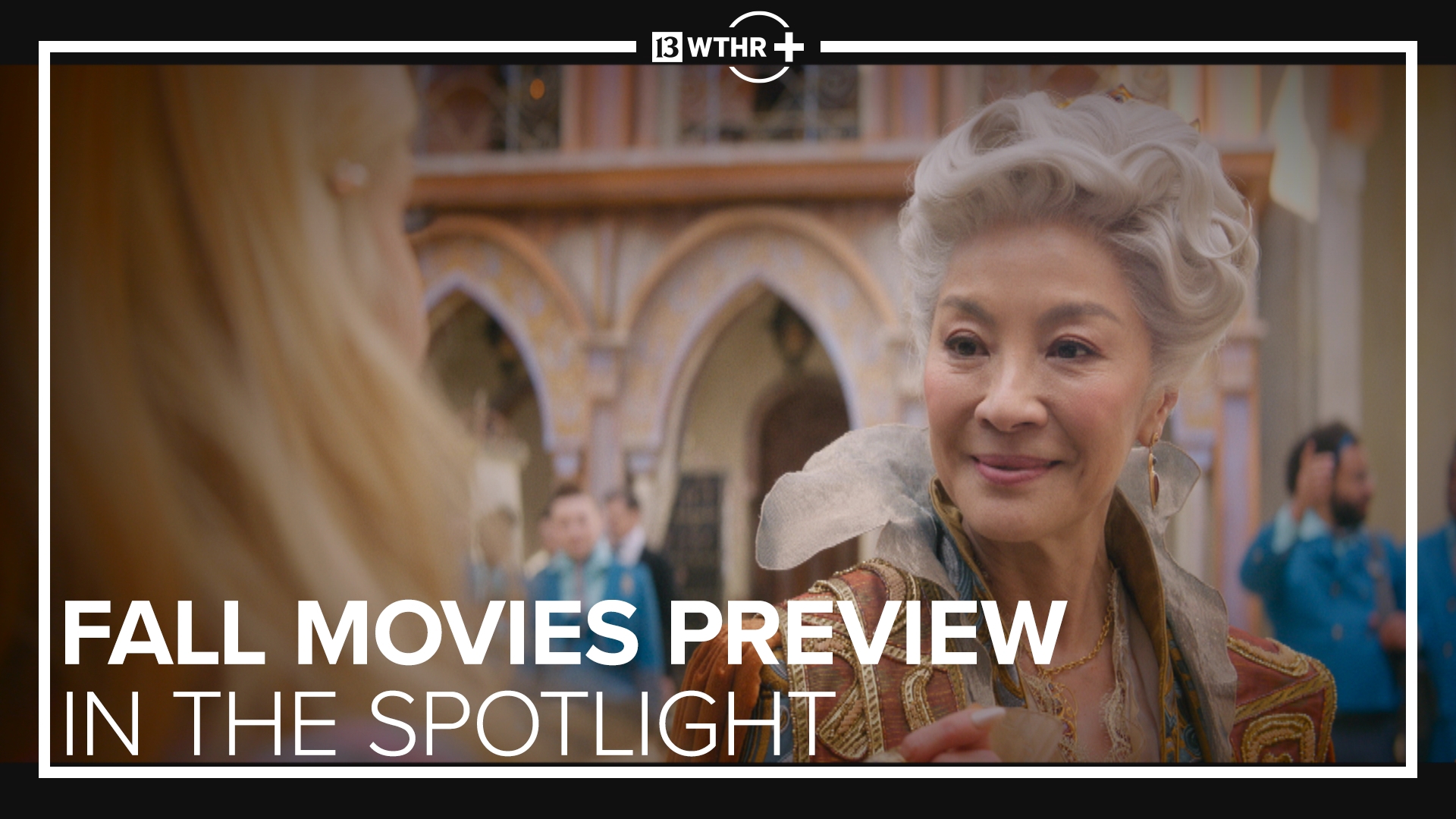This year has already been steeped in 1990s nostalgia. Viewers have flocked to not one, but two series about how the O.J. Simpson trial captivated the nation. A new "Independence Day" film is currently in theaters (hot on the heels of a rebooted "Jurassic Park"), and even the presidential candidacies of Hillary Clinton and Donald Trump have a certain throwback appeal.
Yet probably no pop culture curio defined the '90s more than the blockbuster sitcom "Seinfeld," which evolved from cult hit to era defining phenomenon during its nine-year run on NBC. While we look back on so many aspects of the decade with distanced bemusement (look ma, no cell phones!) — somehow the so-called "show about nothing" has remained stubbornly relevant and profitable nearly 20 years after its finale aired.
In her new book "Seinfeldia," author and TV critic Jennifer Keishin Armstrong not only looks back on the show's origins and initial impact, but tries to take a stab at providing an adequate explanation for its enduring appeal.
"It's so dense that you can find wonderful, new things every time you watch," Armstrong told NBC News on Thursday. "People feel so connected to it, it feels like an extension of their everyday frustrations except these characters are doing what you wish you could do in those situations instead of what you actually do, which is suck it up and take it."

The show's willingness to play with the traditions of the sitcom, to comment on earlier episodes and even contain a self referential arc about its own creation, speaks to the kind of complex, meta-intertextuality that modern audiences feast on.
"They elevated the art of the sitcom, they did things with it that they were told they couldn't do," she said, admitting that her love affair with the show was part of what inspired her to write about television for a living, since it was one of the first programs she remembers "geeking out" about.
Today, the show's buzzwords and references from the Soup Nazi to shrinkage to Festivus (and even its iconic apartment) — have all become ingrained in our pop cultural lexicon. And if the O.J. series resurrects old wounds and anxieties about the nexis of race and fame, "Seinfeld" has the non-threatening appeal of a warm, familiar blanket.
"Every decade has its resurgence moment right about the time that people born then and coming of age then are becoming real life adults and are probably wanting to almost reach back to that more innocent part of their lives," said Armstrong. "It doesn't feel like people ever stop watching it. You hear people say, 'Oh, I can't go to bed without watching a 'Seinfeld.'"
Since its gone into syndication, Armstrong's anecdote is buttressed by over $3 billion in profits, making the the show's star and co-creator, Jerry Seinfeld, the highest paid comedian in America despite not starring in any feature films and appearing these days in decidedly lower-budget and lower-key webseries "Comedians in Cars Getting Coffee."
That show has great buzz, and recently boasted an appearance from President Obama, but nothing Seinfeld will do going forward and none of the show's that came in the wake of his breakthrough hit, will likely have the same staying power, especially in this area of viewership fragmentation.
Seinfeld quipped during a Facebook Live Q&A last month that the show itself is the new Seinfeld, "the closing thing to that, that exists today," before conceding that "I am honestly sunned that people are still watching this show we made in '90s ... I don't know how that happened."

Even programs like HBO's "Game of Thrones" and AMC's "The Walking Dead," which have arguably the most devoted fan bases in all of television right now, are not nearly as ubiquitous in households across America as "Seinfeld" was at its peak. Although series finales are scrutinized now more than ever, few today would bring the nation to a screeching halt that way Seinfeld's polarizing last episode did back in 1998.
Ironically, that episode prominently featured one of the series many satirical nods to the O.J. Simpson case — their exaggerated parody of defense attorney Johnnie Cochran, in the form of slick lawyer Jackie Chiles.
The Simpson case, perhaps not surprisingly, was a preoccupation for the writers of the show, too. The New York series was shot and written in Los Angeles, after all. In 2016, it's fun to speculate about what the pop cultural and sociological preoccupations of the show would be if it were to still exist today.
One episode that might provide a clue is the curiously topical episode from late in the series final season ("The Wizard') where the Elaine character's confusion over whether her racially ambiguous boyfriend is black leads to all sorts of white guilt for the show's heroes. It's a prescient look at some of the same thorny conversations and issues that the cultural browning of America are currently provoking.
"It sounds weird to say but I would have love to see them addressing things like 9/11 or terrorism ... when something is far enough away you can start to attack it," Armstrong said. "I'd be interested to see how they would address even more benign things like Internet trolling, that sort of thing. Could they possibly pull off an episode about transgender issues? I would be interested."


